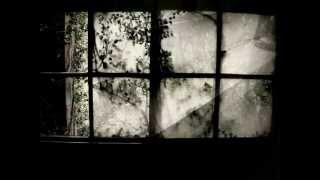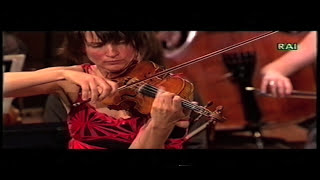Sunday, 14 December, 2025г.
















Где искать: по сайтам Запорожской области, статьи, видео ролики
пример: покупка автомобиля в Запорожье
亡き児をしのぶ歌(Kindertotenlieder)&崎戸炭鉱平和寮Sakido coal mine dormitory
マーラー 亡き児をしのぶ歌 第2-4楽章
Aキャスリーン・フェリア 指揮ブルーノ・ワルター ウィーン・フィルハーモニー管弦楽団 1949年録音.
Kindertotenlieder (Songs on the Death of Children, though more closely translated as Children's songs about Death) is a song cycle for voice and orchestra by Gustav Mahler. The words of the songs are poems by Friedrich Rückert.
『亡き子をしのぶ歌』 (Kindertotenlieder) はグスタフ・マーラーが作曲した声楽とオーケストラのための連作歌曲である。『子供の死の歌』とも訳される。歌詞はフリードリヒ・リュッケルトの同名の詩による。原詩はリュッケルトの作った425篇から成る詩集であり、彼の子供のうち2人が16日の内に相次いで死ぬという悲しい出来事のあった後、1833年から1834年までの間に書かれた。マーラーは425篇から5篇を選び、1901年から1904年にかけて作曲した。
1."Nun will die Sonn' so hell aufgeh'n." - 「いま晴れやかに陽が昇る」
2."Nun seh' ich wohl, warum so dunkle Flammen." - 「なぜそんなに暗い眼差しだったのか、今にしてよくわかる」
3."Wenn dein Mütterlein." - 「きみのお母さんが戸口から入ってくるとき」
4."Oft denk' ich, sie sind nur ausgegangen." - 「いつも思う。子供たちはちょっと出かけただけなのだと」
5."In diesem Wetter!" - 「こんな嵐のときに」
11月 9日-11日, 2004年
The original Kindertotenlieder were a group of 428 poems written by Rückert in 1833--34[1] in reaction to the illness (scarlet fever) and death of his children. Karen Painter describes the poems thus: "Rückert's 428 poems on the death of children became singular, almost manic documents of the psychological endeavor to cope with such loss. In ever new variations Rückert's poems attempt a poetic resuscitation of the children that is punctuated by anguished outbursts. But above all the poems show a quiet acquiescence to fate and to a peaceful world of solace."[1] These poems were not intended for publication.[1]
Mahler selected five of Rückert's poems to set as Lieder, which he composed between 1901 and 1904. The songs are written in Mahler's late-romantic idiom, and like the texts reflect a mixture of feelings: anguish, fantasy resuscitation of the children, resignation. The final song ends in a major key and a mood of transcendence.
The poignancy of the cycle is increased by the fact that four years after he wrote it, Mahler lost his daughter, Maria, aged four, to scarlet fever. He wrote to Guido Adler: "I placed myself in the situation that a child of mine had died. When I really lost my daughter, I could not have written these songs any more."[
その作風は、一言で言えば「暗い」。その暗さが人を魅了するのだが、なぜ暗いかといえば、人生の矛盾や真実を臆面もなく正面から堂々と表出して見せるからなのだ。そう、人生を正面切って見つめれば、「暗い」のだから仕方がない。皆の衆がが、これはおかしいぞ!と思いつつも、日常の愉悦や忙しさにかまけて、あるいは意図的に隠してしまっている人生に対する疑問や、矛盾、複雑な感情を正面切って、見せ付けてくれるのだから、厄介だけど、これが輻輳した生活を送っている現代人にアピールするというわけだ。「人は何で生きてるの?」って、子供のころに大人に聞いても誰も納得行く説明をしてくれたためしはないだろう。で、そういうことに一切興味を持たない輩も、たまにはいるのだけれども、大方のニンゲンであれば、一度は正面切って誰かに尋ねたくなるのだ。あるいは、叫びだしたくなるのだ! で、結果は、一人ひとり自ら答えを出さねばならない疑問だと知る羽目になるわけだ。
Теги:
music tourism Kindertotenlieder Children's songs about Death Gustav Mahler 亡き児をしのぶ歌 平和寮 2004年11月9日 2004年11月9日- 崎戸炭鉱 マーラー コラボ 五十嵐自動車 よく私は考える、子供達はちょっと出かけただけだ キャスリーン・フェリア ブルーノ・ワルター ウィーン・フィルハーモニー管弦楽団 1949年録音 長崎県崎戸市 Music mahler
Похожие видео
Мой аккаунт


 У вашего броузера проблема в совместимости с HTML5
У вашего броузера проблема в совместимости с HTML5


